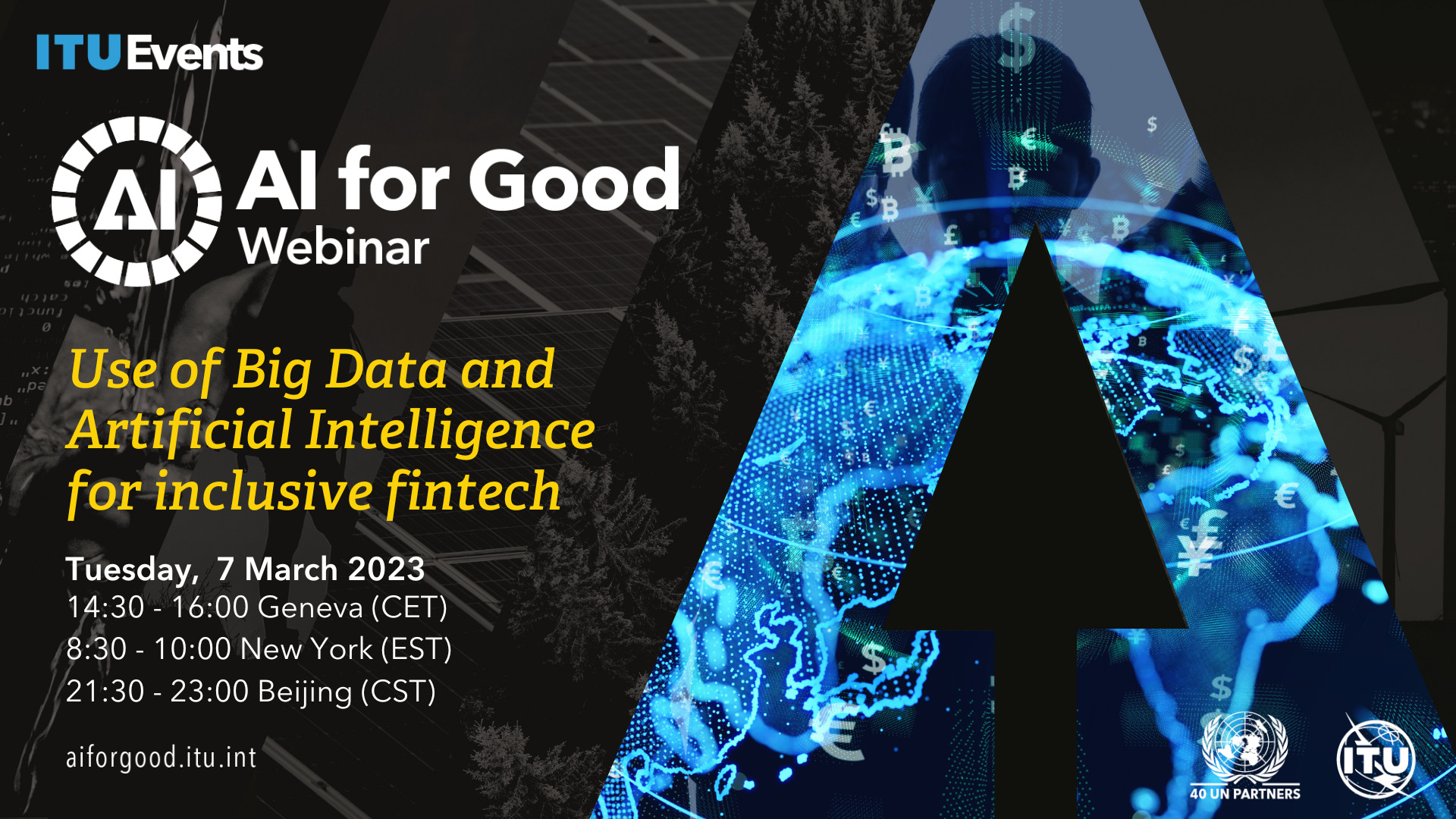According to the World Bank, an estimated 1.4 billion adults worldwide lack access to financial services according to Findex Report of 2021. This lack of access to financial services hinders economic growth, limits opportunities for individuals and small businesses, and exacerbates inequality. Fintech has the potential to address this issue by enabling digital financial services that are more accessible, affordable, and convenient for individuals and small businesses.
The United Nations has highlighted fintech’s potential to boost financial inclusion and long-term development. SDG 8 of the UN Sustainable Development Goals (SDGs) promotes inclusive and sustainable economic growth, full and productive employment, and decent work for all. Fintech has the potential to help achieve this aim by increasing access to financial services while also encouraging entrepreneurship and innovation.
Regulatory Challenges and Risks
Fintech and emerging technologies such as big data and artificial intelligence are powerfuls tool for financial inclusion in emerging countries since it allows those who are currently unbanked or underbanked to get access to financial services. However, as with any technology, there are risks involved that need to be addressed by regulators to ensure consumer protection and trust. Indeed, some of the risks facing fintech regulators in establishing a trust environment for digital finance and financial inclusion include anti-money laundering noncompliance and illicit money flow.
The role of Big Data and AI
One potential solution to address these risks is the use of emerging technology solutions such as big data and artificial intelligence (AI). AI can be used to mine data from digital financial services (DFS) providers, including both banks and non-banks. This data can provide regulators with a better understanding of DFS transactions and enable them to make more informed decisions about financial inclusion. It can also be used to support socio-economic development and boost domestic revenue mobilization capabilities for states. However, applications of big data and AI in digital finance should be carefully implemented and automated decisions monitored for example, decisions made by the algorithms should be clearly explained and mechanisms available for consumers to request for explanations to prevent financial exclusion.
Inclusive Fintech
The International Finance Corporate (IFC) from the World Bank Group wrote an article in 2020 titled “Artificial Intelligence Innovation in Financial Services” which highlighted:
“Artificial intelligence technologies are permeating financial services sectors around the world. The application of these technologies in emerging markets allows financial service providers to further automate their business processes and to leverage new and big data sources to overcome obstacles […] Realizing financial inclusion benefits through the adoption of artificial intelligence relies on its responsible adoption by firms, on competitive market settings, and on continued investment in the necessary infrastructure.”
Whilst Fintech can enable financial inclusion for emerging economies, there are certain risks that regulators both the telecom regulator and Central Banks, need to work together to address, to ensure consumers are protected and their data and funds are safe to create trust. Risks such as anti-money laundering noncompliance and illicit money flow are some risks facing fintech regulators in establishing a trust environment for digital finance and financial inclusion.
Webinar
Discover the upcoming session the “Use of Big Data and Artificial Intelligence for inclusive fintech”, which will examine emerging technology solutions such as big data and AI that could help regulators in these areas by providing better information on digital financial services transactions and access to data that could be used for socioeconomic development and to boost domestic revenue mobilization capabilities for States.
The panel of experts will featured Rory Macmillian Founding partner from Macmillan Keck, Attorney & Solicitors, James G.Claude CEO from Global Voice Group, Kwame Oppong Head of Fintech and Innovation from Bank of Ghana, Arisha Salman Financial Sector Analyst from CGAP, Isaac Gachugu Financial Services (M-Pesa) Tribes Technical Lead from Safaricom and Alexandra Rizzi Senior Research Director, Center for Financial Inclusion from Accion.
Join our community of over 300,000 people on the Neural Network to stay up-to-date on the latest developments and trends, learn, build and connect with others who are passionate about using AI for good.




















